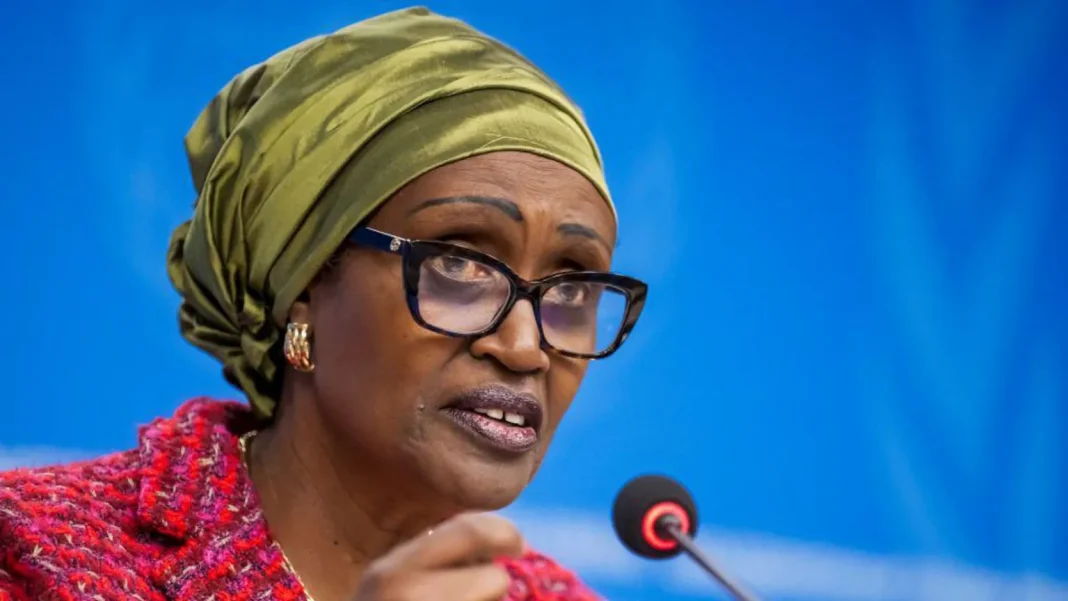The head of UNAids, Winnie Byanyima, has issued a dire warning about the potential consequences of the US government’s funding cuts to global HIV programs. She stated that these cuts could result in an additional 2,000 new HIV infections every day and over six million deaths over the next four years, reversing decades of progress in the fight against the disease. This could mark a significant setback for the global HIV response, which has seen a dramatic decrease in deaths from over two million annually in 2004 to 600,000 in 2023.
The cuts, which include a suspension of foreign aid for HIV programs, began when US President Donald Trump paused such funding on his first day in office in January 2024 as part of a broader review of government spending. As a result, many US-financed HIV treatment and prevention programs have been halted, leading to the closure of vital mother and baby clinics and a shortage of life-saving antiretroviral (ARV) medicines in several countries, especially in Africa.
Byanyima has called on the US to reverse these cuts, expressing particular concern for women and girls who are being disproportionately affected. She warned that the situation could take the world back to the 1990s, when access to HIV treatment was scarce in poorer countries, and infection rates and deaths were much higher.
The US has historically been the largest donor for HIV treatment and prevention globally, and Byanyima acknowledged its past generosity. However, she stressed that the sudden withdrawal of this support was having catastrophic consequences. Despite appeals for a change in course, there has been no indication that the US will alter its decision.
The WHO and other global health advocates have also expressed alarm at the potential consequences of these funding cuts, with some countries like Nigeria, Kenya, and South Africa facing severe shortages of HIV medications. UNAids has proposed a potential deal with the Trump administration to introduce a new, US-developed ARV, lenacapavir, which could benefit millions of people globally.
Meanwhile, UNAids and other UN agencies, including UNICEF and the UN Refugee Agency, are grappling with the effects of funding cuts that threaten to undo years of progress in health, child welfare, and humanitarian aid.

